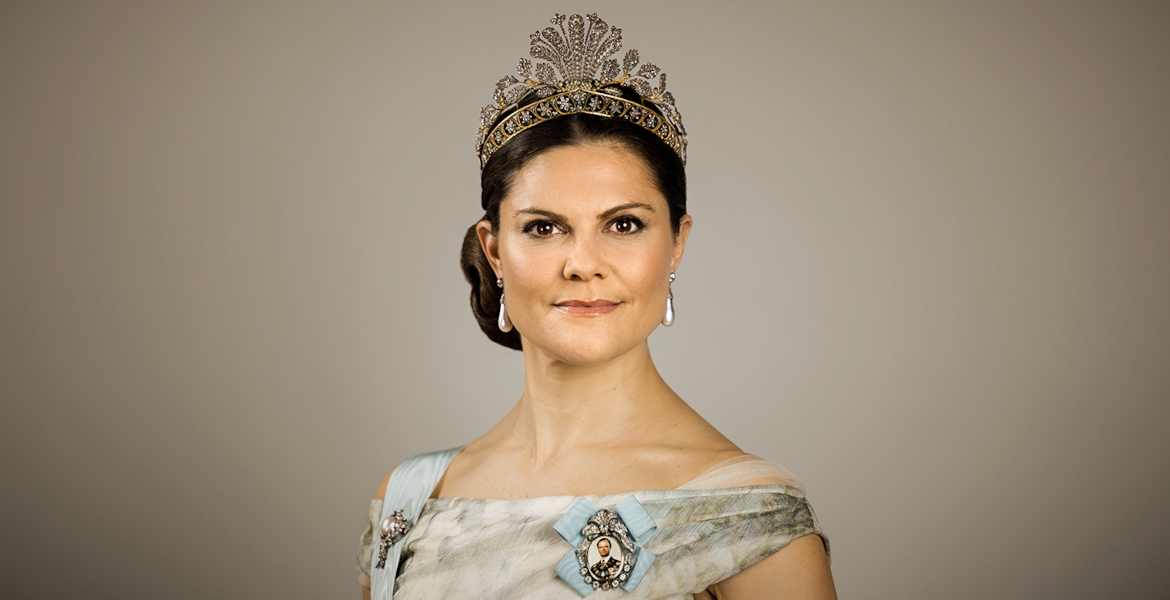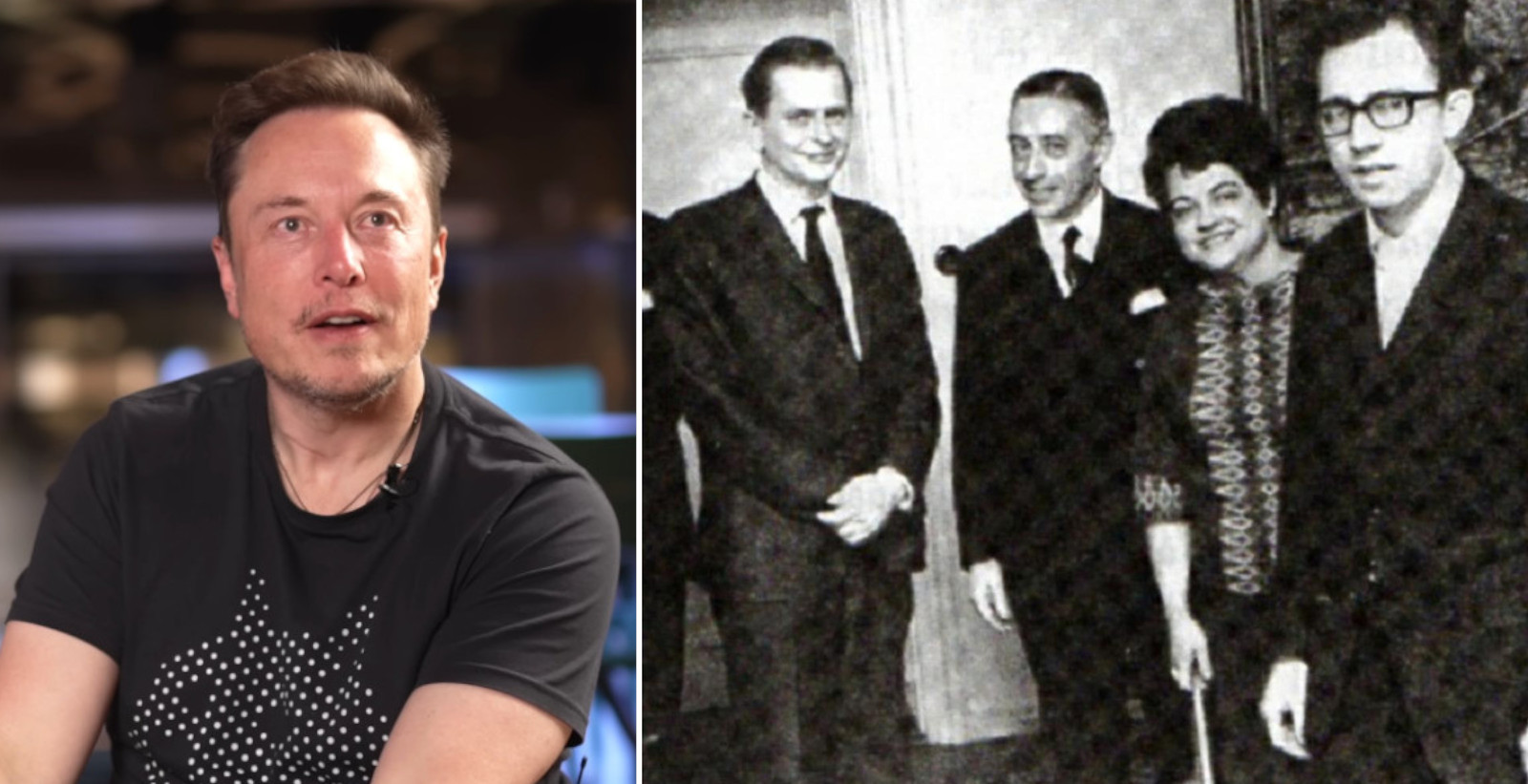Support for the Swedish royal house remains strong, a new survey shows. But public opinion is evenly divided on when it's time for Crown Princess Victoria to take over the throne – with nearly half believing this should happen now.
The Swedish royal house stands firm in public opinion. In a survey by Swedish newspaper Dagens Nyheter and Ipsos, two out of three respondents say they want to keep the monarchy as the form of government. Only one in five people believe Sweden should be transformed into a republic where the head of state position is elected.
Although royalism remains strong, the measurements show that support has decreased somewhat over time. Two decades ago, the monarchy's position was even stronger, but in recent years the curve has turned upward again.
Support for the royal house is particularly evident among older voters, those with lower education levels, and those living outside metropolitan areas. Gender differences are small.
— It's only when we look at party sympathies that we see significant differences, says Nicklas Källebring, opinion analyst at Ipsos.
Negative media image
The Left Party's voters are the only group where more want to abolish the monarchy than keep it. The most royalist are Christian Democrat sympathizers, although the sample size there is limited.
The question of who should sit on the throne is more contested. Just over four out of ten respondents believe Crown Princess Victoria should take over now, while almost as many think King Carl XVI Gustaf should continue.
Fifteen years ago, only a small minority wanted to see an early succession. But opinion changed drastically after the publication of a book and newspaper articles that gave a negative image of the king, and the proportion wanting to see Victoria as regent increased markedly. Surveys from the SOM Institute at the University of Gothenburg have also shown that she is more popular than her father.
Strongest support among young people
Views on who should hold the throne vary between different groups. Women are more in favor of Victoria taking over, while the king has greater support among voters of the Tidö parties (Sweden's center-right governing coalition) compared to the opposition.
Somewhat unexpectedly, the aging king has his strongest support among voters under 30 years old.
— This may possibly reflect a neo-conservative spirit seen among young people today, says Nicklas Källebring.
Victoria is already training for the realm's highest duty. When the king is on longer trips abroad, she becomes regent and temporarily takes over responsibility as head of state. This is happening now in November when the king travels to the climate meeting in Brazil.
Sweden has had so-called cognatic succession since 1980, which means that the oldest child, regardless of gender, inherits the throne.
Ipsos conducted 1,539 interviews with eligible voters during the period October 7–19.





